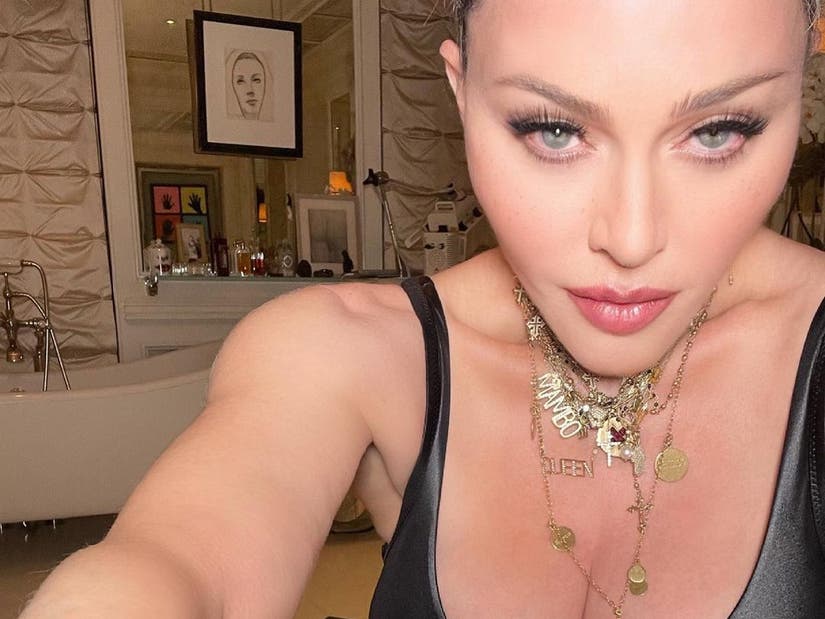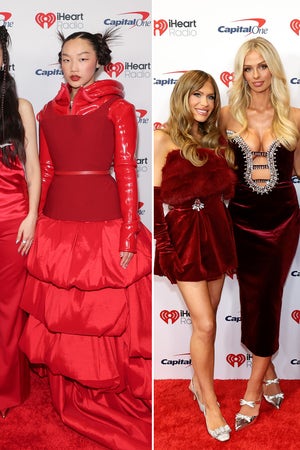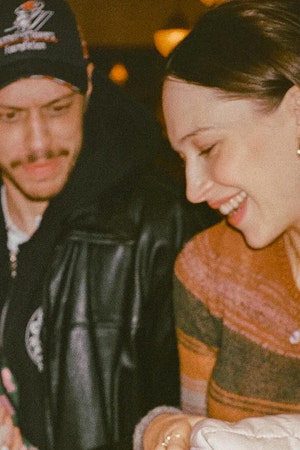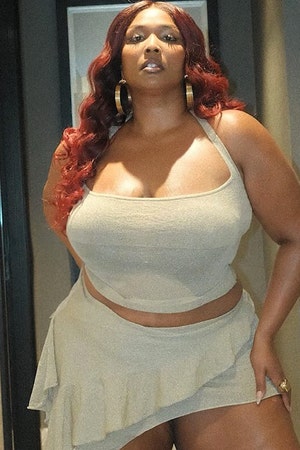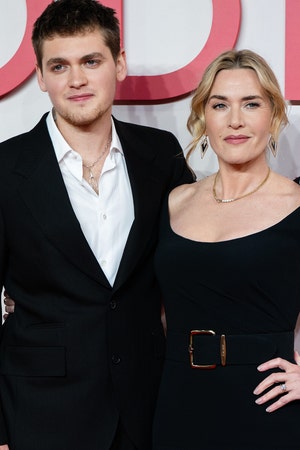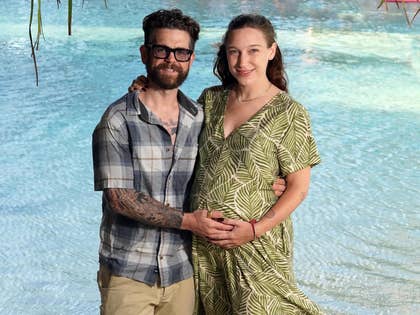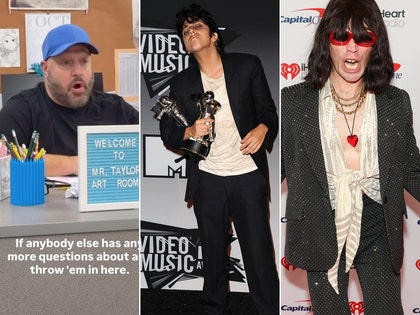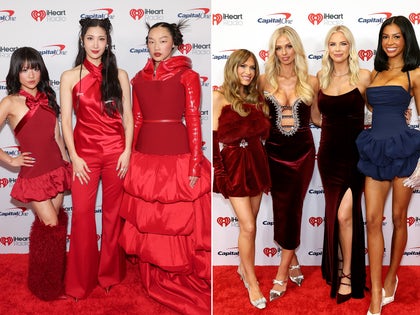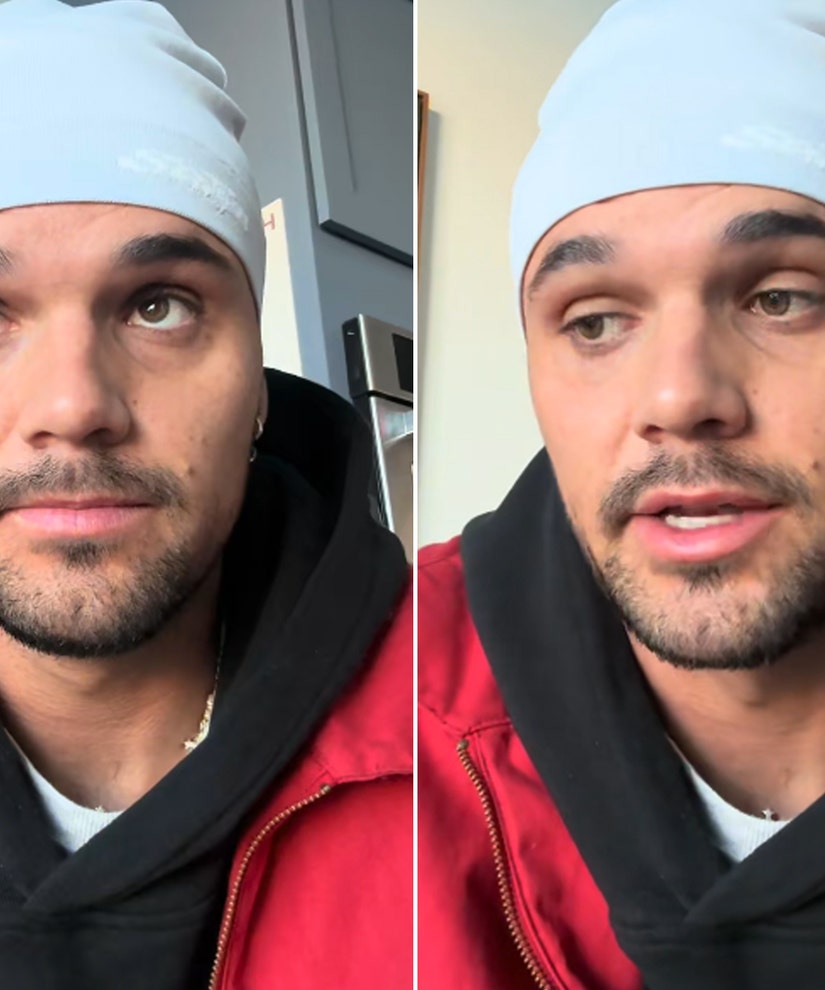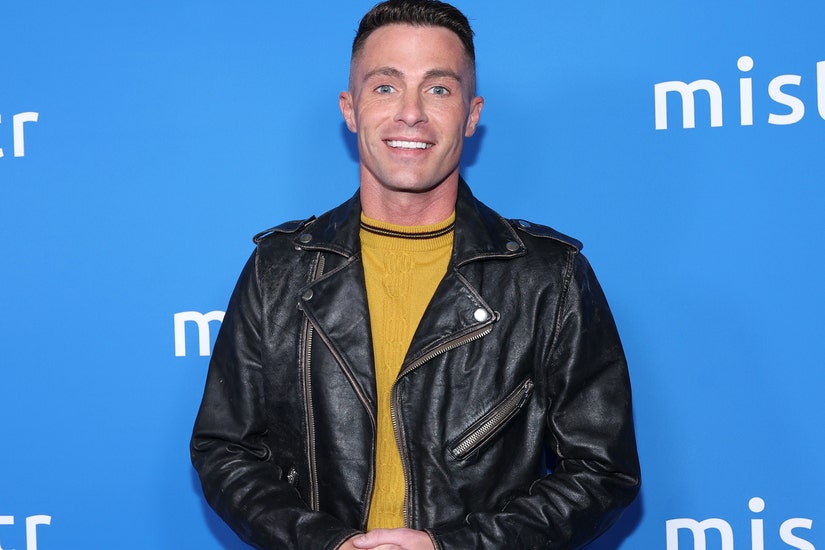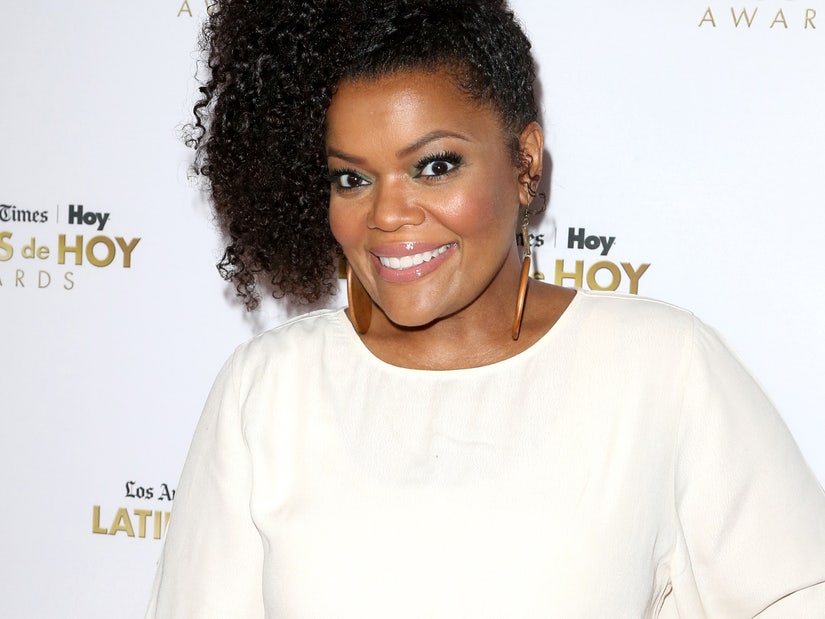 Getty
Getty
"I watched myself get bigger and bigger. And if you watch the show, you can see me get bigger and bigger."
Yvette Nicole Brown is detailing how she got "full-blown" diabetes.
During an appearance on Wednesday's episode of actor Sean Hayes and Dr. Priyanka Wali's "Hypochondriactor" podcast, Brown got candid about her experience with type 2 diabetes, which the actress said she developed from "excessively eating sugar" while filming "Community."
 Getty
Getty
RHOC's Kelly Dodd Reveals She and Husband Rick Leventhal Tested Positive for Lyme Disease
View Story"I got diabetes, or gave myself diabetes, by eating a lot of donuts on the set of 'Community," began Brown, who played Shirley Bennet in the comedy, which ran from 2009 to 2015. "We had 16-hour days on 'Community' so I spent a lot of time at the craft services table and I watched myself get bigger and bigger. And if you watch the show, you can see me get bigger and bigger."
"I got a pre-diabetes diagnosis maybe in Season 1 and then by Season 3 it was full-blown diabetes," she added.
However, Dr. Wali told Brown, 49, that she doesn't agree with the idea that people "give" themselves type 2 diabetes.
"I actually come from this philosophy that I don't think it's people's faults that they contract diabetes," the physician said. "We live in a society right now where one of the most addictive substances in the world is completely legal and socially accepted. I do believe sugar is the tobacco of our generation. And so it's not your fault that there were donuts lying around."
"So when people say, type 2 diabetes is the one you give to yourself, I completely disagree," she explained. "I think we're living in a very toxic food society and it's not our faults that we're contracting diabetes."
 Everett Collection
Everett Collection
Stars Reveal Which Roles They Came ThisClose to Landing -- Dreamgirls, Will & Grace and More!
View StoryDr. Wali pointed out that sugar is a "highly addictive substance," to which Brown agreed, sharing how she experienced the "addiction aspect" of sugar.
"I swear I would walk past the donuts and go, 'You don't have to eat five' and my body would go, 'Yes, you do,'" Brown said. "So I can imagine that it calls you the way drugs call the people that are addicted."
"I know that when I was on 'Community,' I was excessively eating sugar," she later added. "I would eat like six donuts a day."
The "Big Shot" star went on to share details about her type 2 diabetes symptoms.
"I remember my skin got really dry," she explained. "Everything was just itchy. I was scratchy and itchy and I couldn't put enough lotion on, but I never lost weight, I gained weight and was thirsty."
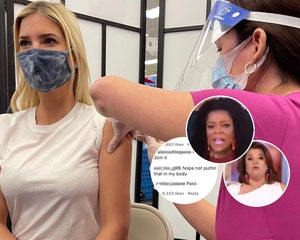 Instagram/ABC
Instagram/ABC
Why Yvette Nicole Brown Is Ready to 'Flip Tables' Over Ivanka Trump Vaccine Photos
View StoryWhen Hayes later asked Brown how she handles "cravings," Brown said she now consumes sugar "in moderation."
"Thankfully, I'm not in a situation now where I have that much time on set, and I'm not walking by delicious donuts and cakes and whatever all day," she shared. "I believe everything in moderation. So I'm not someone that's like, 'I'm never going to have a piece of cake,' but I don't have a whole cake. And I don't have a whole cake every day or every week. And if I say, I want to go to Cheesecake Factory and I'm going to get this cheesecake, then I'll make sure that I use the treadmill for an extra hour that day to try to burn off some of the sugar that's now in my body, drink more water and also [there are] simple things you can do."
Meanwhile, the group also discussed how diabetes disproportionately affects the Black community.
"The rates of diabetes in the African-American community are higher and there are more complications," Dr. Wali explained, to which Hayes asked why. "I personally, given the populations I've treated, I think being a Black person in the United States dealing with just everyday life, plus the effects of racism, I think that actually impacts health outcomes."
Brown pointed out how stress also plays a role.
"Stress produces cortisol. Cortisol makes your stomach get chubbier, so it's all connected," she said. "If you're already stressed out because you're a Black person in America, you probably already have a cortisol belly and that can lead to diabetes and I don't know how many other ailments."

